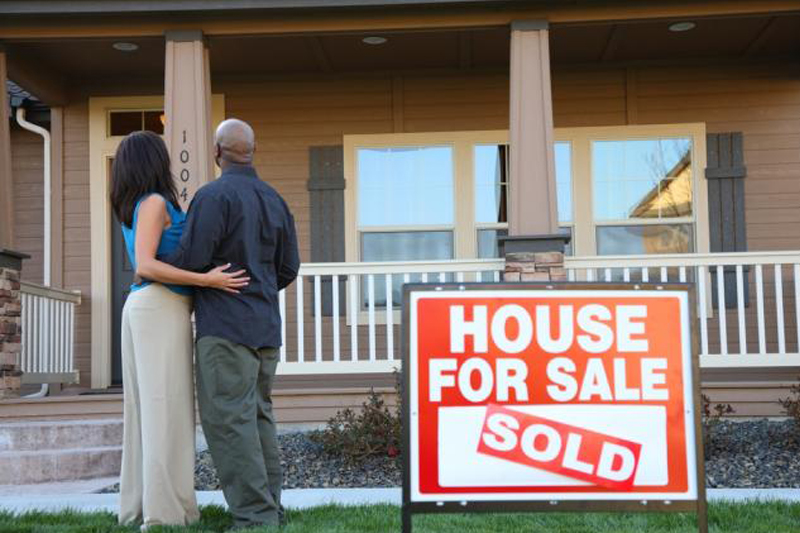First-time homebuyers: You’re closer to a down payment than you think
(BPT) – For many first-time buyers, saving for a down payment is the most difficult step in the home-buying process. However, it’s a common misconception that you need 20 percent down to buy a home.
Actually, lenders across the country offer mortgage products with very affordable down payments – some as low as 3 percent.
Owning a home has always been a key component of the American Dream; in fact, many surveys show that 65 percent of Millennials agree that homeownership and the American Dream go hand-in-hand. Home ownership also comes with several benefits like building equity, receiving annual tax deductions and becoming more engaged with the local community. It serves as a stepping stone for long-term wealth creation, too. Historically, first-time buyers have represented 40 percent of all home purchasers, but today they make up about 30 percent, according to the National Association of Realtors. Down payment misconceptions could be to blame.
“It’s safe to say that most first-time buyers aren’t aware that there are reasonable loan options available that require less money down,” says Geoff Lewis, president of RE/MAX, LLC. “Choosing an option with a smaller down payment can make it possible for potential buyers to enjoy the benefits of homeownership sooner.”
Most popular low down payment options
* FHA Loans – Traditionally the mortgage of choice for first-time buyers, the Federal Housing Administration (FHA), offers government-insured loans with as little as 3.5 percent down. The most popular FHA loan option, the 203(b), is widely available from lenders across the country. You may qualify with a credit score of just 500, although there may be limitations on some condo purchases.
* Home Possible from Freddie Mac – This program allows you to put between 3 and 5 percent down, as long as you intend to use the purchased house as your primary residence, and don’t currently own or share ownership of another house. You’ll also need to complete a required homeownership education program online.
* Conventional 97 from Fannie Mae – Just 3 percent down is enough to help you qualify for a Conventional 97, as long as you’re applying for a fixed-rate mortgage on a single-family home that’s less than $417,000. You’ll also need to participate in a homeownership education program, and at least one of the purchasers applying for the loan must be a first-time buyer.
* HomeReady from Fannie Mae – Another option that requires as little as 3 percent down, HomeReady can offer below-market interest rates. This program also allows non-occupant borrowers to apply; for example, parents can secure this type of loan for a young adult, who’s just starting to establish credit.
In addition to these mortgage options, there are also a variety of down payment assistance programs that may be available through your state or lender. Today, many loan programs allow for down-payment funds to come from third party sources, like cash gifts from relatives.
Buying a home with a smaller down payment has distinct advantages too. You’re less likely to become “house poor,” which can happen when you spend the majority of your total savings on home ownership, leaving little cash in reserve for unforeseen emergencies or desirable home improvements.
Something to keep in mind when considering your loan options: putting less than 20 percent down can also result in the additional monthly cost of Private Mortgage Insurance (PMI). However, if your home value is appreciating, PMI can be eliminated in a few years through refinancing.
“Homeownership isn’t reserved just for people who can afford a large down payment. Mortgages that offer an option for less cash down are making it possible for many to enjoy the American Dream,” Lewis says. “Mortgages are like any other product, you have to shop around to find the one that works best for you. Lenders and real estate agents can give you a good idea of what your choices are.”

